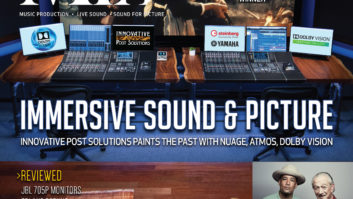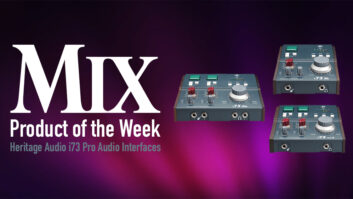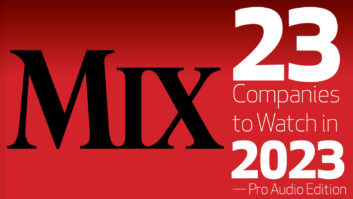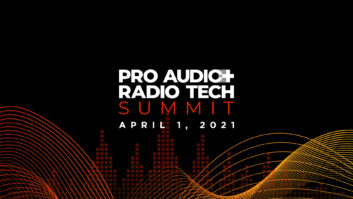Editor’s Note: Welcome to NewBay’s inaugural edition of Need to Know, where we explain complex topics and demonstrate how they apply to each industry we serve. Need to Know stories appear on our websites and in our magazines. Keep coming back for future topics, to include 5G, cybersecurity and artificial intelligence.
Blockchain as a concept has been making noise (perhaps a low rumble) across the music industry for a few years now, but hasn’t made significant inroads into the pro audio world—yet.
Related as it is to cryptocurrencies and Bitcoin, blockchain has largely piqued the music industry’s interest as a potential answer to the eternal issue of getting stakeholders—artists, producers, labels and anyone else due royalties for a track—paid.
In theory, implementation of blockchain could aid the creation of a track’s metadata and in turn help streamline payments for the song’s use in streaming, radio play, TV/film syncs or other forms. It’s been done on a small scale—the first instance was Imogen Heap’s 2015 single, “Tiny Human,” released on the Ujo Music platform, with all parties involved paid via the cryptocurrency Ether—but widespread adoption could radically change the process of paying rights-holders. Not only would it speed up payments, but it could also make those amounts more precise. Given that some streaming services pay as little as $0.0084 per stream—a sum that is then divvied up among all the rights-holders—achieving accuracy is not always a simple or efficient process.
Some added efficiency couldn’t come at a better time, as the potential uses and outlets for music are only on the rise. Panos Panay, vice president of innovation and strategy at Berklee College of Music and founder of the school’s own blockchain effort, the Open Music Initiative (OMI), claims that an international hit can have anywhere between 500,000 and 700,000 lines of revenue and upwards of 50 intermediaries between the listener and the creators of a song. Accordingly, having a blockchain arrangement on a track, with permissions and rights control automated and essentially baked into the song, would help ensure payments were made to the parties listed in the metadata.
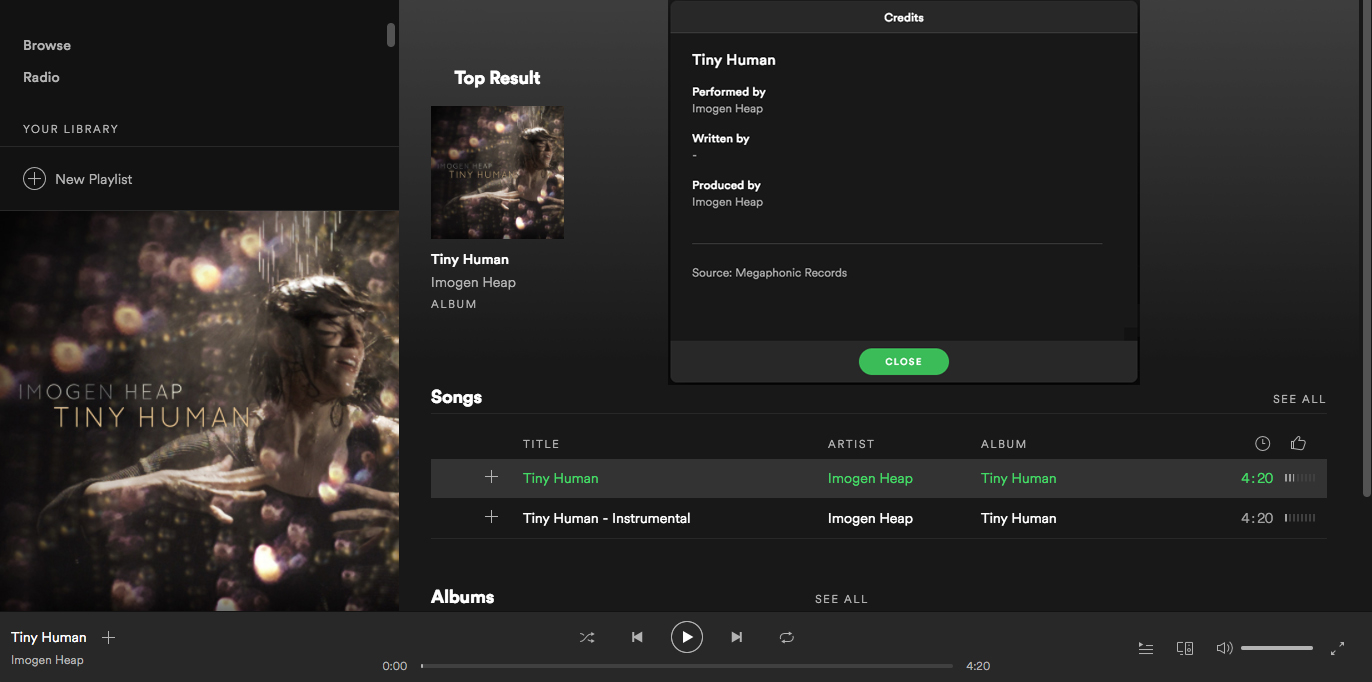
That’s the catch, because for years, metadata—and the lack thereof—has been a thorn in the side of the music publishing world. Perhaps underlining the situation, Spotify kicked off February by adding a “Show Credits” option to its desktop app, allowing users to see a music publisher-provided list of a track’s performers, songwriters and producers. While touted as a user feature, some critics see it as a passive-aggressive jab toward publishers who complain about low payments from the streaming service, in essence highlighting the inconsistent metadata they’ve given the service to use.
The Spotify feature may make the issue a little more public than usual, but it’s no secret that millions of tracks have incomplete metadata, and there’s no universally accepted global database of music rights for streaming services or anyone else to turn to. The last attempt—an international cooperative effort between collection societies dubbed the Global Repertoire Database—was killed off in 2014 after amassing $13.7 million in debt.
A blockchain system replaces human guesswork and vulnerability of digital transactions with algorithms and advanced cryptography. It’s harder to hack. It’s a whole new way of thinking and a brand new method for securing digital information.
An industry-wide adoption of a standardized blockchain framework, then, would bypass the need for a global database; merely listening to a song would be enough to trigger a set string of contracts, agreements and algorithms, allowing all stakeholders to be paid.
This is all fine, but what does it have to do with pro audio? Pro audio manufacturers create the tools brought to bear at the moment of creation, whether it’s songwriters on acoustic guitars playing into a handheld digital recorder, producer/engineers slaving over their DAWs at 4 a.m. or remixers radically reinventing a track far down the line. Logically, those tools should be blockchain-compatible, able to create and preserve rights metadata from the very start.
While no major DAW manufacturers have committed to the blockchain concept yet, they’re watching it. Notably, Berklee’s emerging blockchain effort, the Open Music Initiative, has garnered significant support with a membership that now includes the major labels (Sony, Universal and Warner), most major streaming services (conspicuously absent: Apple) and, tellingly, the publisher of Pro Tools, Avid.
Clive Young is a content director at NewBay.
Need to Know More?
Do you have a burning question about blockchain? Or maybe there’s a particular topic you’d like to see us tackle in future installments of Need to Know. Email us at [email protected] and we’ll put our top minds on it!
Other Industries
• Blockchain and AV [AVNetwork.com]
• Blockchain and Media [Multichannel News]
• Blockchain and Video Production [Creative Planet Network]
• Blockchain and Television [TV Technology]
• Blockchain and Residential Integration [Residential Systems]
• Blockchain and Radio [Radio World]
• Blockchain and Education [Tech & Learning]
• Blockchain and Retail [TWICE]
• Blockchain as a Platform [Sound & Video Contractor]


